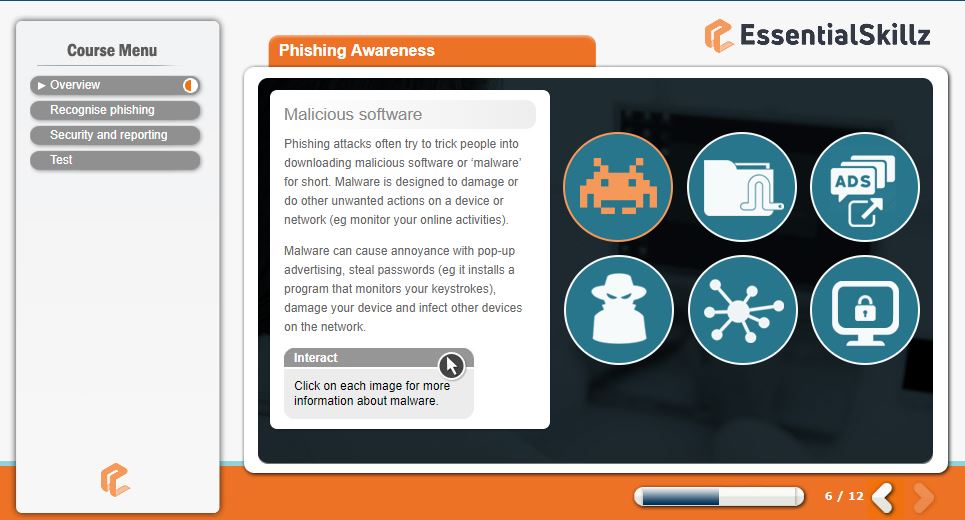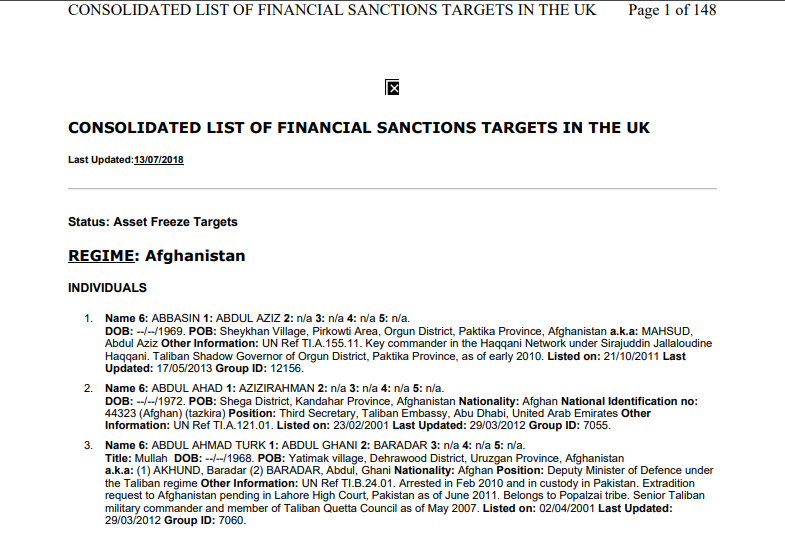How the #MeToo movement brought to light the issue of sexual harassment

What incident started the MeToo movement? The #MeToo movement started off with a simple tweet on Sunday night, October 15th 2017, by activist and actress Alyssa Milano. Lying in bed next to her daughter, she saw a post by a friend online saying, “If all the women who have been sexually harassed or assaulted wrote […]
Inadequate Demolition Survey Leads to Asbestos Fine
Two companies were recently fined for failing to properly manage their duties relating to the disposal of asbestos. A property management firm and an asbestos surveying company were fined a total of £13,200 because they conducted an inadequate demolition survey prior to a major construction project. Home Inspectors Southern Limited failed to identify asbestos cement […]
Modern slavery: What are Organisations Doing to Prevent it?
One of the requirements of the Modern Slavery Act 2015 is that companies with a turnover exceeding £36m must produce an annual modern slavery transparency statement, declaring how they safeguard human rights. Companies must also explain what steps they take to ensure that slavery does not occur in their business, or in their supply chain. […]
Corporate gifts and donations: when to say no thank you

A brief guide to avoiding bribery Gifts and donations are often a part of business, whether it is cultural norms or celebrating a completed negotiation. However, there are certain instances in which it is important to be vigilant of the circumstances behind donations as they may be attempts to bribe. here is a short guide […]
VinciWorks launch new Phishing eLearning course

If you have never had an enticing or deceptive email designed to encourage you to click a link or disclose sensitive information, then you are in the minority. According to Symantec, phishing rates have increased across most industries with no size or type of organisation being immune. The need for a Phishing eLearning course has never […]
On-demand GDPR webinar – Understanding the Data Protection Act 2018

On 25 May 2018 the long-awaited GDPR came into force across the EU. On the same day, the UK’s Data Protection Act 2018 also became law. While the DPA 2018 incorporates large chunks of GDPR wholesale, it also carved out some specific exemptions that UK businesses need to know about. On-demand GDPR Webinar – UK’s […]
Prepare for GDPR – free on-demand GDPR webinars

Over the weeks leading up to the General Data Protection Regulation (GDPR) coming into force, VinciWorks has hosted a number of webinars on the topic, answering hundreds of questions in the process. You can get instant access to all our GDPR webinar recordings by clicking on the links below. Understanding the Data Protection Act 2018 […]
How to use the consolidated sanctions list

What is the consolidated sanctions list? The consolidated list is a list of financial sanctions targets in the United Kingdom. If you are doing business with an individual or company associated with a person on this list, even if it is just a target match, you must report it to the Office of Financial Sanctions […]
The human resources guide to employee data protection regulations

Now that GDPR (General Data Protection Regulation) day has passed, the role of human resources officers within an organization has become even more significant. With the new regulations now in place, it is important for individuals working in HR to be aware of the new laws and standards in place for employee data protection in […]
The Gig Economy: Training, Policies and your role as an employer

If you work in the UK or US, you’ll have heard about the rise of the gig economy. But how much time have you spent thinking about what it means to you as an employer in terms of training, policies, and workers’ rights? Viewed more positively it’s an opportunity for employers in a tight labour […]






